There are several timing-related matters that can have big impacts on individuals who have suffered brain injuries. One of these is how soon their injury is detected. The longer a head injury goes undetected, the more time there could be for a person to inadvertently end up in situations where their injury could be made worse. Meanwhile, the sooner an injury is detected, the sooner steps can be taken towards getting proper care and treatment for it.
So, what methods are available for the detection of brain injuries, and how effective and efficient these methods are, is a major issue.
Might smartphones be able to one day provide a quick way for detecting potential brain injuries? A team of University of Washington researchers has been working on developing a way for smartphones to be used for this purpose.
They have created an app called PupilScreen. The app is aimed at gauging the response of a person’s pupils to light, using a phone’s camera and camera flash features. The app then provides readouts on its findings. The hope is that such readouts could be used as a simple way for determining if a person is showing red flags for a brain injury in their light response.
In early tests, the app reportedly has shown some success at assessing severe brain injuries. The researchers hope that, through further research and refinement, the app may also be able to help with the assessment of brain injuries of lower severity levels.
It will be interesting to see where the future development of this app goes and whether it will ultimately result in a useful brain injury detection method.
As how soon a head injury victim gets accurate information regarding the nature of their injury can be very impactful, so too can how soon they get accurate information on what the legal situation is related to their injury and the incident in which it occurred. This is because not having the full picture of their situation could leave a person vulnerable to missing out on opportunities to fight for fair compensation or inadvertently taking actions that could hurt their pursuit of such compensation. So, quality legal advice on their situation is one of the things a person may want to promptly reach out for following suffering a brain injury here in Louisiana.
Source: Engadget, “Smartphones could someday assess brain injuries,” Mallory Locklear, Sept. 6, 2017

